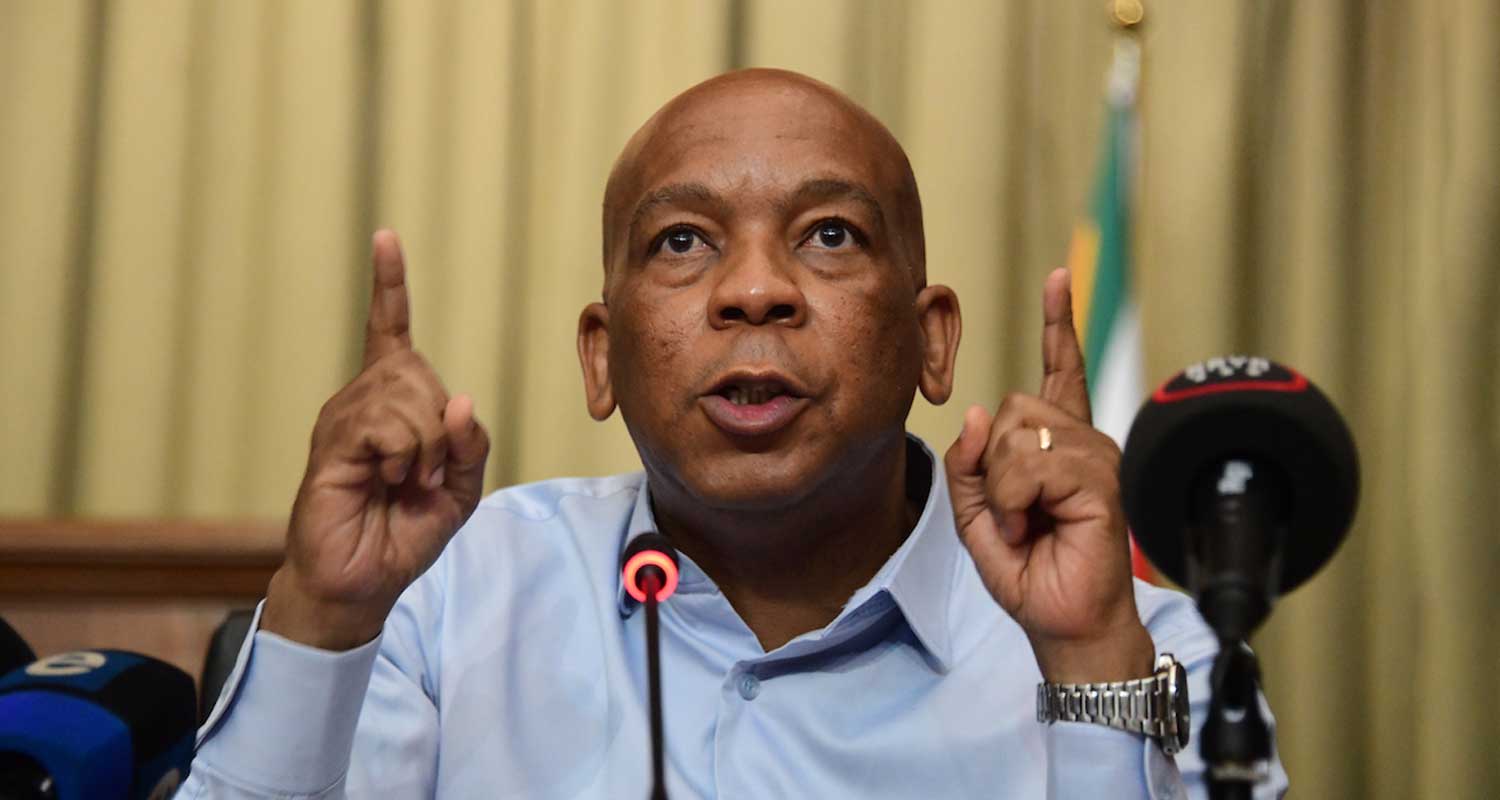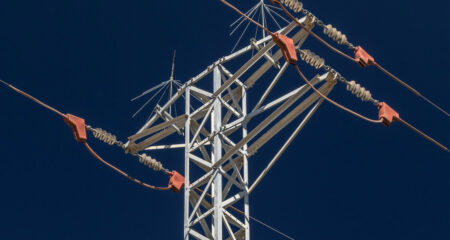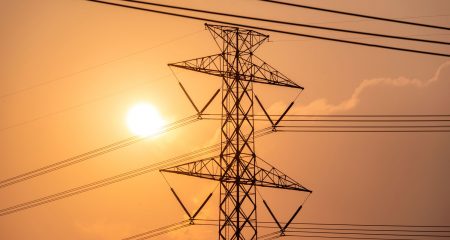
South Africa should not shy away from spending to fix the country’s power crisis, electricity minister Kgosientsho Ramokgopa said.
Appointed last month to the newly created role, Ramokgopa was speaking in an interview less than two months after national treasury granted state-owned Eskom R254-billion of debt relief over the next three years.
President Cyril Ramaphosa’s government has made repeated attempts to improve power availability but failed to make progress.
Ramokgopa’s appointment is the latest effort to make a breakthrough before national elections next year at which the ANC faces the prospect of losing its parliamentary majority for the first time since the end of apartheid.
Ramokgopa said he thought focusing on improving the performance of Eskom’s ailing coal plants was the best opportunity to lower the intensity of power outages.
But he said other interventions were needed including investing in the capacity of the national grid and maintaining large outlays on diesel for Eskom’s emergency open-cycle gas turbines.
“Continued high levels of load shedding … penalise the South African economy and it causes untold injury to the poor, and our ability to attract investment,” he said in the interview, in the Union Buildings.
Trade-off
He said that if South African borrowing costs had to rise to fund diesel purchases, then that was a necessary trade-off given the impact outages were having on unemployment and growth prospects.
“I am presenting to cabinet, and they will make that determination [on how to address the power crisis] at the end of the month,” he added.
Ramokgopa said grid constraints meant some renewable energy projects that had already been built were being throttled and new projects were being jeopardised.
Read: Gov’t pushes for delay in closure of Eskom coal plants
He said another set of interventions cabinet would consider included Eskom investing more in the coal mines it buys from to ensure better-quality supplies and allowing Eskom to buy directly from original equipment manufacturers rather than from intermediaries. — Reported with Bhargav Acharya, (c) 2023 Reuters




